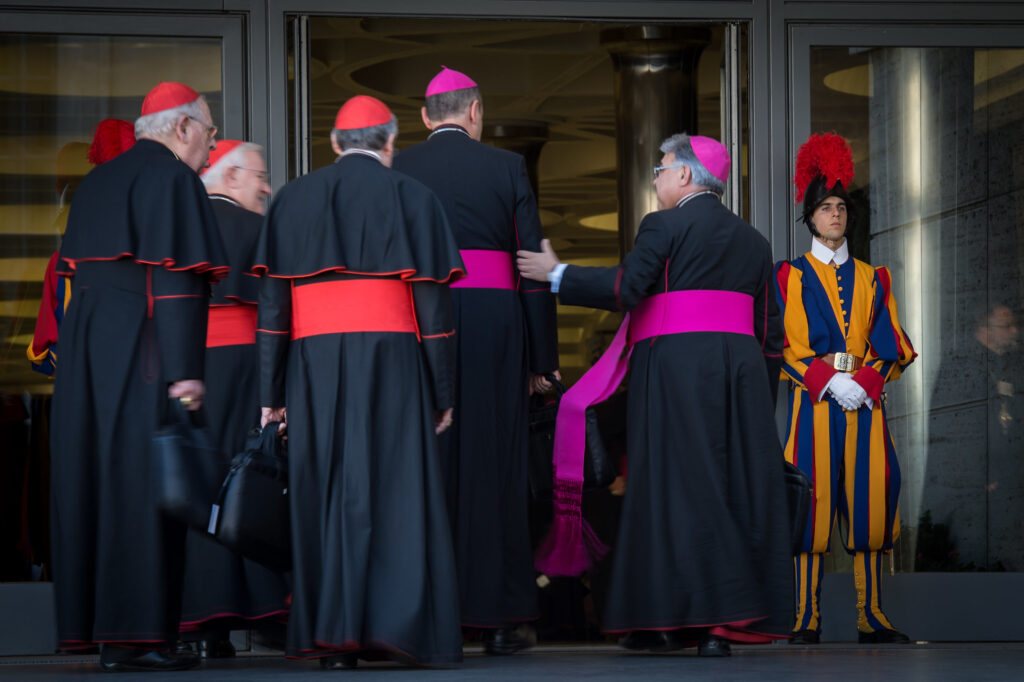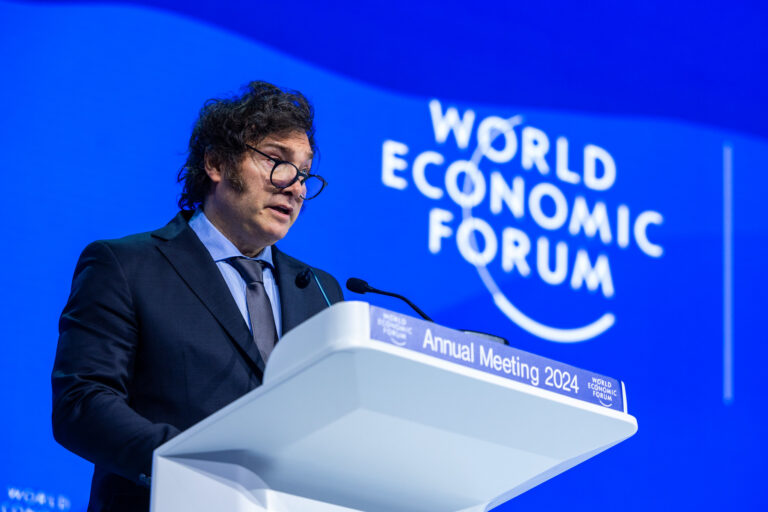Humanae Vitae, Pope Saint Paul VI’s beautiful encyclical on marriage, the family, and children, was promulgated 55 years ago last week.
Will it live to see its sixtieth birthday?
The prospects are not entirely heartening.
Pope Paul VI’s teaching has been under fire since the day it appeared. The encyclical immediately “precipitated a crisis of authority of unprecedented proportions within the Catholic Church in the United States,” writes Father Peter Mitchell in his riveting account of the revolution in American Catholic theology.
Five days after the encyclical’s publication, Father Charles Curran, a professor of moral theology at the Catholic University of America, published a formal “Statement of Dissent.” With vital assistance from the Washington Post, the statement quickly acquired hundreds of signatures from theologians throughout the country.
While the statement politely acknowledged a “distinct role” for the hierarchy and the Church’s teaching Magisterium, the signers made it clear that, as theologians, they didn’t want any part of it.
Europe was not far behind. Cologne Archbishop Josef Frings, president of the German Bishops’ Conference, led the opposition to the encyclical in Europe. In the following years, seminarians studying in Rome were often told “not to bother” with Humanae Vitae, because it would soon be overturned.
By 1993, dissent had become so widespread that Pope John Paul II released Veritatis Splendor, his encyclical in defense of Catholic moral teaching and the proper role of conscience in decisions regarding sexual moral questions.
The Culture of Death was running rampant in the secular West, and its targets were marriage, family, and children.
Throughout their pontificates, Pope Saint John Paul II and Pope Benedict XVI defended Humanae Vitae’s magisterial teaching. In fact, bishops gathered at the Synod on the Family in 2015, while acknowledging “the growth of a contraceptive mentality and abortion” (No. 7), wrote that Pope Paul VI’s encyclical, “ought to be taken up anew so as to awaken in people an openness to life. (No. 63)”
But two years later, when Pope Francis took over the Pontifical Academy for Life, he opened a door to dissent that has pretended to speak with the Vatican’s “voice of authority” ever since.
And that dissent is getting louder.
Pope John Paul II had founded the Academy in 1994 “to study and to defend the teachings of the Church’s Magisterium,” but the Academy took a sharp left turn in 2017 after Father Maurizio Chiodi, a newly-appointed member of the Academy, claimed that Humanae Vitae is optional.
By 2022, the spirit of “dialogue” had led to a bold, undisguised challenge to Church teaching from the Academy:
“Be careful: what is dissent today, can change. It is not relativism, it is the dynamics of the understanding of phenomena and science: the Sun does not rotate around the Earth. Otherwise, there would be no progress, and everything would stand still.”
Rather than condemning this pompous nonsense, Pope Francis allowed dissent to flourish at the Academy.
And then, last month, he gave dissent free rein when he appointed Archbishop Víctor Manuel Fernández as the prefect for the Dicastery for Defense of the Faith – the same office that was held by Cardinal Josef Ratzinger when he steadfastly defended Humanae Vitae against the attacks by the German bishop’s conference.
Archbishop Fernández has a different path in mind for the dicastery. In fact, he advocates a wholesale review of the Church’s teaching on sexual morality, and objects outright to the prohibition of artificial contraception within marriage.
And after he receives the red hat next month, Cardinal Fernández will be the Vatican’s premier authority on Catholic moral teaching when the Synod is in session next year.
That meeting will confront a massive list of action items. Father Gerald Murray, a moral theologian in the Archdiocese of New York, has studied the “working documents” submitted by various regional hierarchies, and found them wanting.
The topics suggested for discussion, he writes, include war, climate change, “an economic system that produces exploitation, inequality and a throwaway culture,” cultural colonialism, religious persecution, “aggressive secularization,” sexual abuse and “the abuse of power, conscience and money.”
Where are the questions addressing the moral collapse of Western society, the disintegration of the family, the hijacking of “marriage,” aggressive government population control programs, and the challenge to religious freedom?
There are none.
So when the Synod fathers meet, they will be working with a blank slate when it comes to sexual morality, contraception, marriage, and more.
Efforts to fill in those blanks with dissent are already underway.
“We need to meet people where they are,” population controllers insist, and “98% of Catholics have used some form of birth control in their lives,” a dissident Catholic site says.
“Contraceptives are the greatest lifesaving, poverty-ending, women-empowering innovation ever created,” says Catholic Melinda Gates, who finances population control efforts worldwide (Ms. Gates was received by Pope Francis in a private audience four years ago).
Most Western prelates have neglected Humanae Vitae since 1968. While they haven’t actively criticized its teaching, they’ve stuck it in the bottom drawer.
When the Synod meets next year, the teaching of Humanae Vitae undoubtedly will be put on the table – not to preserve it, but to attack it.
Will our shepherds come to its defense when it does?
Correction: This article was updated on August 21, 2023 to correct an error regarding the author of Humanae Vitae. Humanae Vitae was written by Pope Saint Paul VI, not Pope Saint John Paul II.











